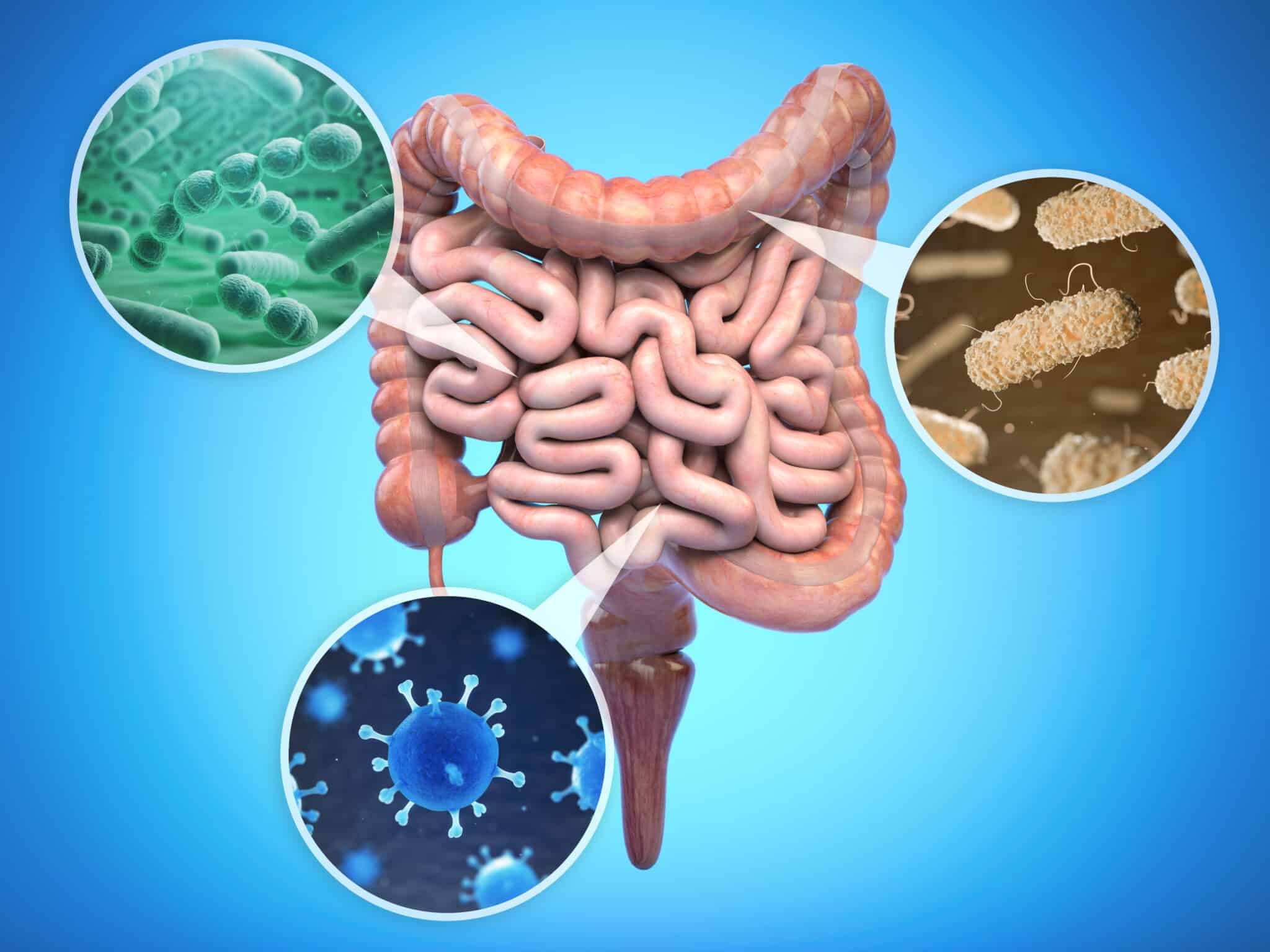
Prebiotics and Probiotics – Differences, Benefits, and Importance of Both
When getting a dose of antibiotics, you might hear the doctor mention to take some probiotics, or at the least eat some yogurt. Or, when shopping at a local nutrition store, you see shelves of probiotics with claims which sound too good to be true. But many people are still unfamiliar with probiotics and its benefits.
What Are Probiotics?

Probiotics are live bacteria that when administered to the host, cause a beneficial health outcome. These are not just any bacteria but are strains of bacteria that are commonly found in your gut microbiome. Probiotics are not only found in supplements but are available in many fermented foods such as yogurt, kefir, kimchi, to name a few.
Consuming probiotics reintroduces and increases the amount of good bacteria in the gut which can then aid in GI, vaginal, oral, and even cardiovascular health. To better understand how to choose the optimal probiotic product, visit our probiotics 101 blog.
| Probiotic- Live cultures of bacteria that causes a health benefit when administered to a host |
| Prebiotic- Indigestible foods which nourish and help maintain the bacteria already in the gut. |
The Benefits of Probiotics
With the wide array of health claims made by many companies when advertising their probiotic supplements, and it can be hard to filter which ones may be correct or not. But, if consuming probiotic-rich foods, and supplements with high quality, clinically researched and properly packaged, there are benefits that many consumers and extensive research can support.
There are several main genera of probiotics, and two which are prominently found in many finished formulations are Lactobacillus and Bifidobacterium. Probiotics are specific to health advantages. Some benefits of the probiotics may include:
- Helps to alleviate common and everyday gut discomfort
- Helps to reduce common and everyday anxiety caused by gas and gut discomfort
- Helps to alleviate common abdominal and everyday discomfort
- Helps to alleviate common and everyday discomfort caused by lactose intolerance
- Enhance immune function in normal ranges
- Help maintain healthy levels of triglycerides
- Promote heart health
These benefits are highly dependent upon the strain of probiotics. There is no, “one size fits all” nor “the more the better” approach when looking at the efficacy of probiotics and health-related benefits. Probiotics will show the best results when consuming the correct, pristine, and clinically researched strains.
What Are Prebiotics?

Although we have covered what probiotics are, many still may wonder, “What are prebiotics?” They sound similar, just a letter of difference but are in fact very different. The question is not whether probiotics are better than prebiotics – – but, how do they work together?
Just like their prefix, prebiotics are essentially the growth medium for probiotics. They are often found in indigestible substances, such as fiber, which feed the beneficial bacteria in the gut. Many grains, fruits, and vegetables do not get digested in the human gastrointestinal tract.
The Benefits of Prebiotics
Because the largest source of prebiotics are fibers, the benefits of prebiotics extend past their relationship with probiotics. It is always beneficial to eat whole foods packed with fiber to help regulate gastrointestinal health. A balanced and healthy diet is the recommended way to get prebiotics in the body.
Other benefits of prebiotics include:
- Helps the body stimulate beneficial microflora bacteria
- Help the body optimize normal gut pH levels
- Helps to body to improve the absorption of nutrients
How Do Prebiotics and Probiotics Work Together?
In the most simplest of terms, prebiotics fuel the growth of probiotics. The indigestible portion of food reaches the intestines and provides nutrients to the bacteria in the intestines. The undigested food stimulates the good gut bacteria to grow and strengthen.
Prebiotics and probiotics work hand in hand to enhance the beneficial gut bacteria. A prebiotic supplement is not required when taking probiotics, but it is always a great idea to add fiber into an everyday diet.
Remember, it is not about whether prebiotics should be taken instead of probiotics. They are not competing on any level and are symbiotically linked. It’s about enhancing the effects of probiotics and live bacteria in the gut.


